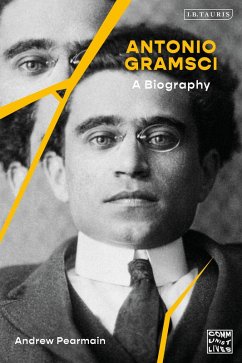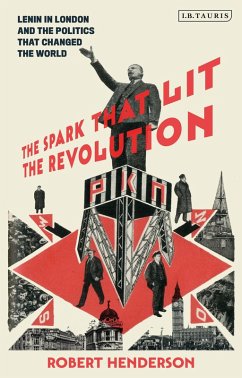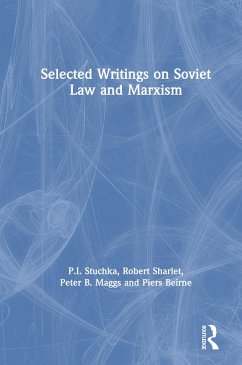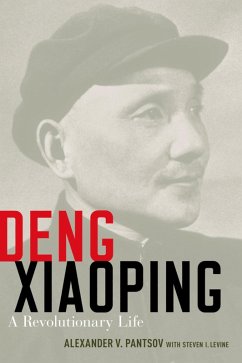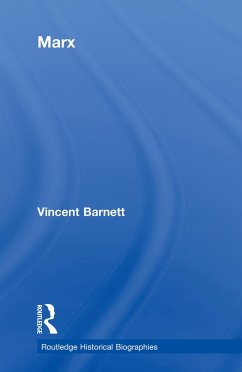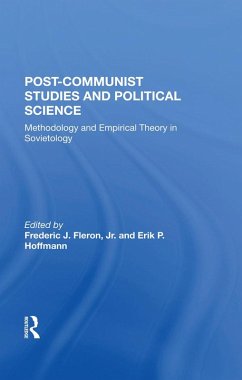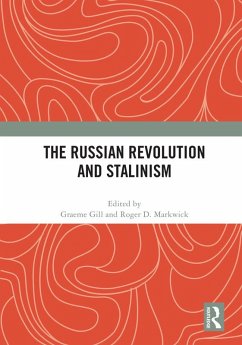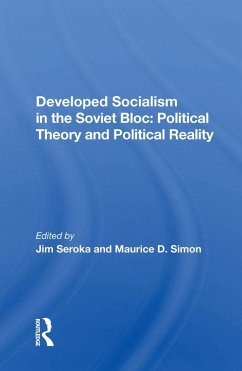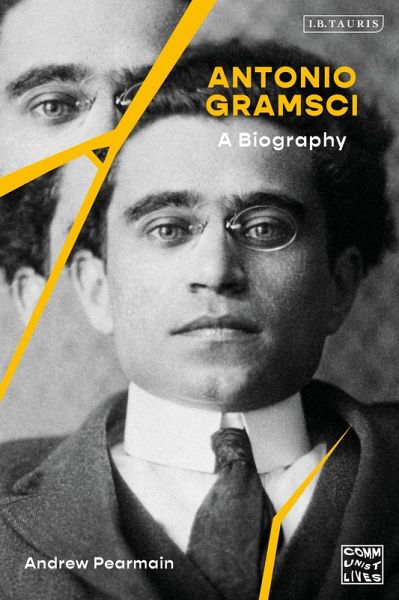
Antonio Gramsci (eBook, ePUB)
A Biography

PAYBACK Punkte
11 °P sammeln!
A historical biography of the Italian philosopher/politician Antonio Gramsci (1891-1973), considered one of the most important Marxist philosophers of the twentieth-century. As part of the Communist Lives series, Andrew Pearmain explores the life of Gramsci from his childhood, to his role in the newly formed Communist Party of Italy, and to his imprisonment and death in Turi di Bari, using recent archival research including material released by the Gramsci and Schucht family.




